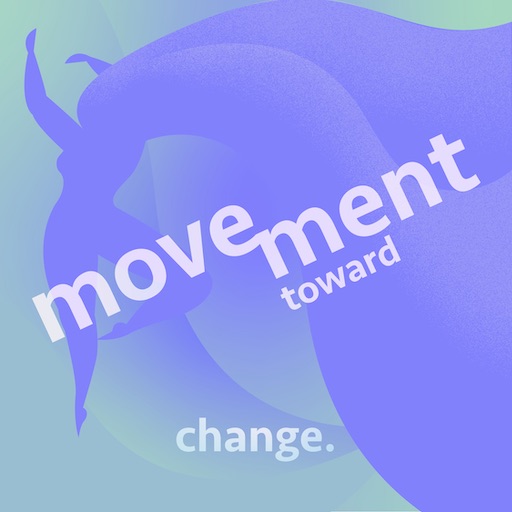There are an array of options including but not limited to teaching dance, fitness, front desk work, arts admin, restaurant, retail, and more. Below are a few things to consider when looking for what might be considered the best fit for your side hustle.
Some jobs will require specific certifications such as teaching pilates or being a personal trainer. Other positions you might already be qualified for without any additional schooling.
Interested in becoming a physical therapist? A PT aide position might allow you the chance to shadow a PT and see what the day to day life looks like. Want to open up your own dance studio? A part time job in arts administration might help you to develop a business skillset. Don’t stress too much about the future though. Sometimes a job has its place in the moment and is not connected to any long term goals.
As a dancer, expenses can build up quickly. Between taking class, cross training, food, and PT it can add up. Perhaps working at the front desk of a gym is a good fit as it would allow you free access to use the facilities. Or maybe you are very committed to taking dance classes on a daily basis and want to work at the front desk of a studio. Buying local foods might be of value and therefore working at your local health food store gives you a discount on your weekly grocery bill. Take a look at where your expenses are coming from and then determine if you are able to gain employment through an establishment you already frequent.
It is important to work in an environment where there is an understanding that sometimes dance might take priority. A performance or audition could happen somewhat last minute and you need to call out of work. Working in an environment where there is some wiggle room in the schedule or you can easy find coverage for a shift makes a big difference.
It is often an important question to consider whether or not you would like your side job(s) to be either related or unrelated to dance. For example, teaching dance or working for a dance non profit you will still be in the “dance world.” Working at a restaurant or a gym you will be removed from that world. Some dancers enjoy keeping their side jobs separate from dance to broaden perspectives while others are interested in staying close to dance and serving the community in ways beyond performing.
Some side hustles come and go while others might become a permanent part of your routine. You might even discover a new passion outside of dance. Aside from the role of supplemental income, side jobs also have the potential to expand our experiences beyond the studio and stage.


Recent Comments